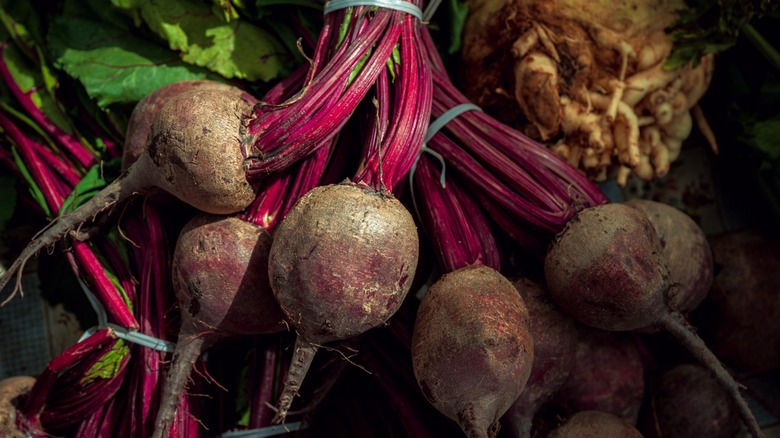DRLs: Your Car's 'Safety' Feature Could Be a Danger

Understanding Daytime Running Lights (DRLs)
Daytime running lights (DRLs) have become a standard feature in most new vehicles, illuminating the road ahead of the driver. These lights are designed to enhance vehicle visibility during daylight hours, with the primary goal of reducing the likelihood of collisions, especially in adverse weather conditions. However, despite their widespread adoption, there is ongoing debate about their true effectiveness and how they impact road safety.
The idea behind DRLs is that by making vehicles more visible, drivers can better anticipate the presence of other cars on the road. This concept has been embraced by many manufacturers as a way to improve overall traffic safety. Yet, skepticism remains, particularly regarding the actual benefits these lights provide in real-world scenarios.
The Debate Over DRLs
One of the main concerns raised by drivers and automotive experts is the potential for confusion caused by DRLs. Many people assume that if their DRLs are on, their headlights are also active. This misunderstanding can lead to dangerous situations, especially at night when proper lighting is crucial. Some drivers have reported seeing vehicles without taillights, which can make it difficult for others to spot them from behind.
This issue is further complicated by varying state regulations regarding the use of headlights and DRLs. Drivers may not always be aware of the specific rules in different jurisdictions, leading to inconsistent practices and increased risks on the road. Additionally, some critics argue that DRLs may create a false sense of security, encouraging drivers to rely too heavily on automated systems rather than maintaining personal vigilance.
Impact on Motorcyclists
Another significant concern is the effect of DRLs on motorcyclists. Unlike cars, motorcycles have traditionally required their headlights to be on at all times, making them more visible to other drivers. With the rise of DRLs on passenger vehicles, this distinct visibility has diminished, potentially increasing the risk of accidents involving motorcyclists. Studies suggest that the widespread use of DRLs may contribute to a situation where motorcycles are less noticeable, leading to more collisions.
This shift in visibility dynamics raises important questions about the design and implementation of vehicle lighting systems. While DRLs aim to improve safety, they may inadvertently create new challenges for vulnerable road users like motorcyclists.
Mixed Results from Research
Research conducted by the National Highway Traffic Safety Administration (NHTSA) has shown mixed results regarding the effectiveness of DRLs. Some studies indicate a minor reduction in crash severity for certain types of vehicles, but the overall impact on road safety remains unclear. One report noted that DRLs could actually increase the number of single-vehicle-to-motorcycle crashes during the day, highlighting a potential drawback of the technology.
These findings underscore the complexity of the issue and suggest that DRLs may not be a one-size-fits-all solution for improving road safety. Instead, they require careful consideration and possibly additional features to ensure that all aspects of a vehicle's lighting system work together effectively.
The Need for Better Design
Many drivers and safety advocates believe that car manufacturers should take a more proactive approach in addressing the limitations of DRLs. One proposed solution is to integrate features that automatically activate both headlights and taillights under certain conditions, such as when windshield wipers are in use. This would help ensure that vehicles remain fully visible in adverse weather conditions, reducing the risk of accidents.
Additionally, there is a growing call for greater accountability from manufacturers in ensuring that vehicle lighting systems meet safety standards. By incorporating advanced technologies and designing systems that prioritize visibility and safety, automakers can play a key role in enhancing road safety for all users.
Looking Ahead
As vehicle technology continues to evolve, the future of DRLs will likely depend on ongoing research, consumer feedback, and innovations in automotive engineering. While the current debate highlights both the advantages and disadvantages of DRLs, it is clear that a comprehensive approach is needed to address the challenges they present.
Ultimately, the goal should be to harness technology in a way that complements responsible driving habits while ensuring that all road users are seen and accounted for. By fostering a culture of awareness and shared responsibility, we can work towards a safer and more inclusive driving environment for everyone.
